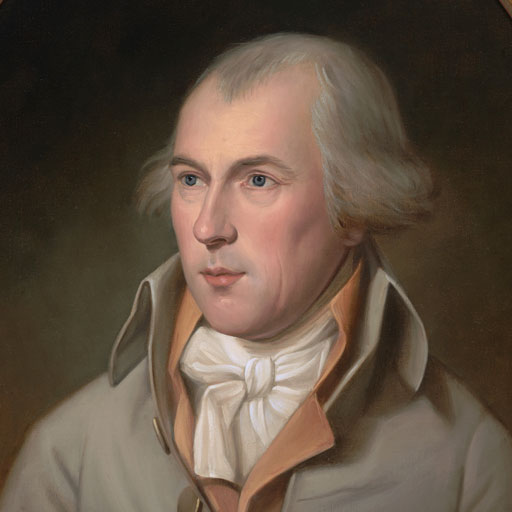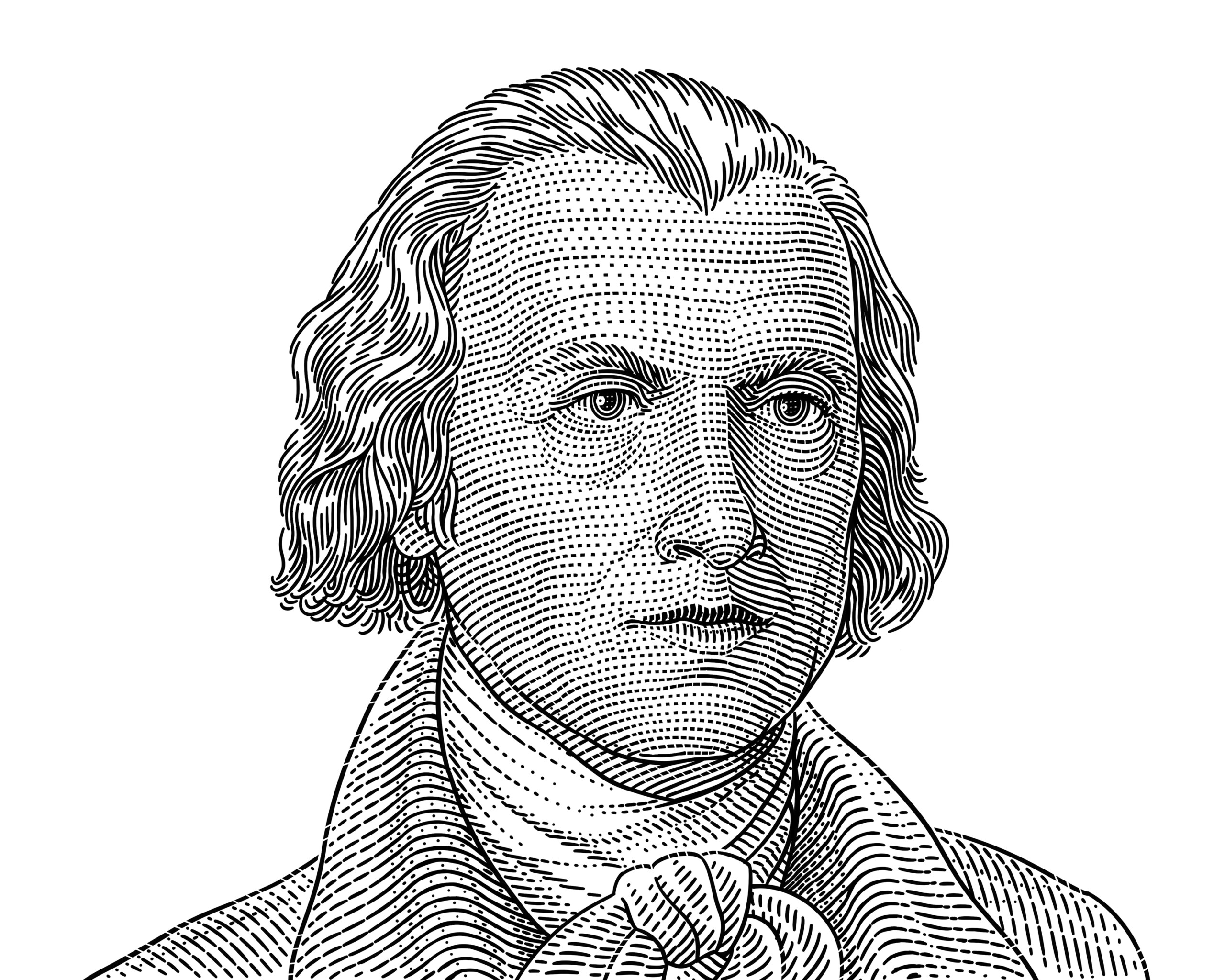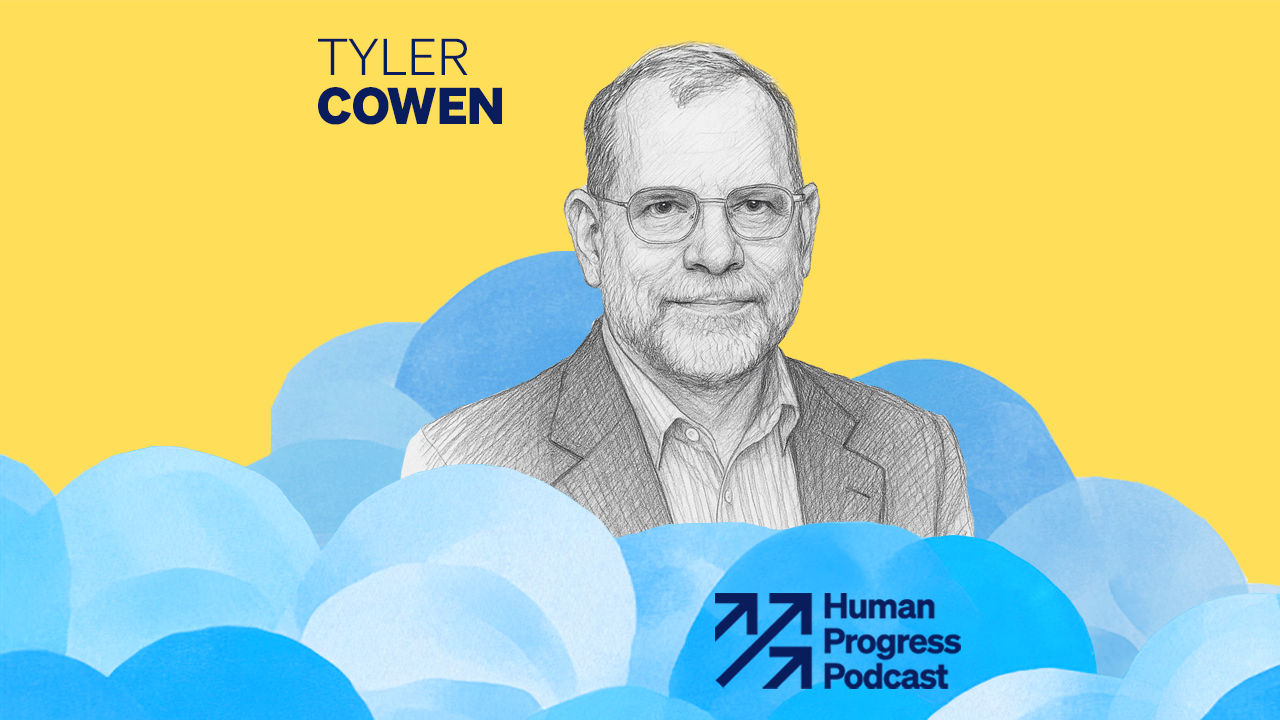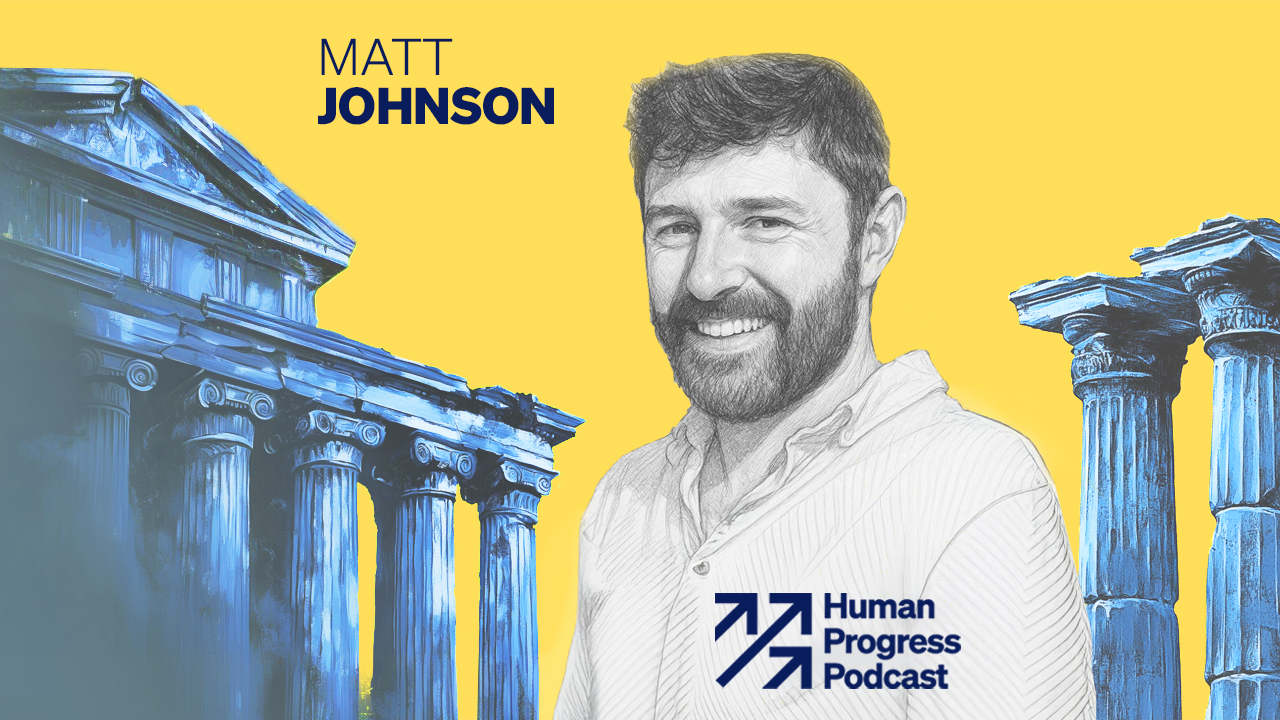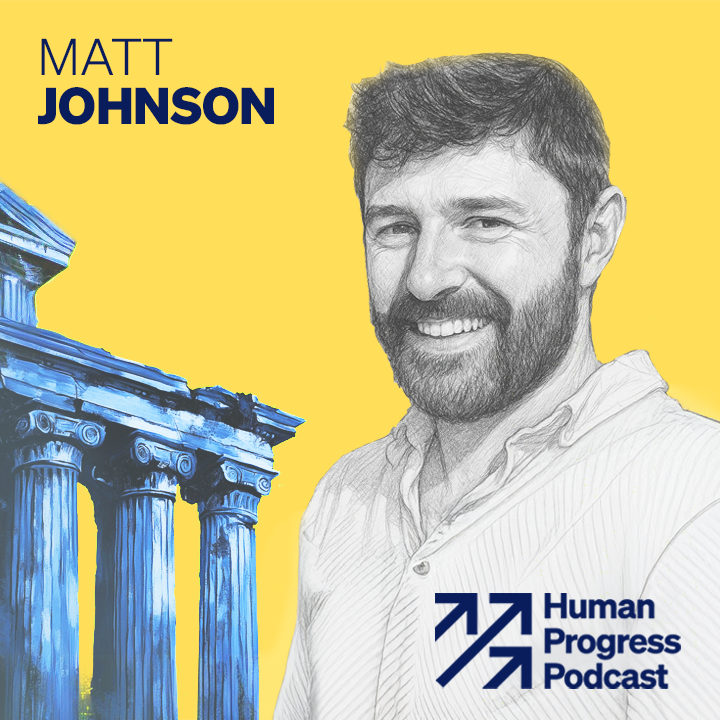Listen to the podcast or read the full transcript here.
Tyler recently wrote a Free Press article titled “Is Classical Liberalism for Losers?” I’m delighted that he agreed to discuss it with me today.
Let’s start with the basics. What is classical liberalism?
Everyone has a different definition. I can tell you mine. If you believe in capitalism, limited government, free trade, sound money, free speech, toleration, and want to do your best to bring about peace, I would consider you a classical liberal.
Now, which of those get emphasized and to what degree? You’ll find differences of opinion.
What distinguishes classical liberals from conservatives and American liberalism?
These words can be so confusing. When I hear the phrase “American liberalism,” I think of a turn that happened in the 1930s with the New Deal and somewhat earlier with the progressive movement, where people who were broadly liberal fell in love with the idea of expanding government as an alternative means of realizing liberal ends. American liberals and classic liberals have a fair amount in common. They both believe in democracy and some form of capitalism. But American liberalism has much more faith in government, does less public choice analysis, and is less suspicious of concentrated power.
Conservatism used to be simpler than it is today. We’re now in the age of Trump, who I would say is not conservative at all. The conservatism I grew up with was religious. It was socially conservative, with particular views on abortion, gay marriage, and social norms, and it often wanted to use the government to enforce those norms. Furthermore, it tended to be hawkish on foreign policy. Now, it’s all so muddled. I’m not sure who it is I should call a conservative. In many ways, the people I used to call American liberals have become the new conservatives. They want to bring us back to what America was under Obama and undo some of these recent Trump revolutions.
What about practical differences? For example, in your article, you note the different way in which classical liberals and non-classical liberals perceive the use of force and the power of the state.
Classical liberals recognize that some government coercion is necessary to enforce property rights and finance some number of public goods. You can debate what those goods are, but there’s going to be some coercion. You’re just very suspicious of that coercion, and you want to keep it to a minimum because you think it corrupts both individuals and institutions.
So classical liberals are not comfortable wielding power, but don’t classical liberals need a strategy to dismantle the administrative state or greatly reduce its power? Otherwise, classical liberal efforts in politics will always be ineffective.
Well, first, the word strategy always makes me nervous. The notion of an aggregate strategy in the sense that maybe the Democratic or Republican party would have one is a mistake. The classical liberal vision has never been, well, we’ll keep on electing our governments for 20 years in a row, and by the end of the 20 years, they’ll have made all the changes we want. Frankly, I don’t think that’s realistic. In history, there are these periodic classically liberal moments. The American Revolution and the collapse of communism would be two of the most visible. They come along every now and then, and they achieve tremendous good when they happen. They’re motivated by classically liberal ideas, but they’re not some kind of continual rule where you just push everything you want through by force. Every now and then, you get your way, and I’m prepared to live with that. I don’t think we’re going to do any better. But still, those revolutions, like the abolition of slavery, can do so much good. We should just totally be on board with trying to bring them about.
Classical liberalism and the industrial revolution seem to be coterminous over the last 250 years. How much of a credit do you give to classical liberalism for the Great Enrichment?
Quite a bit.
Look at the recent example of Poland. It was very poor when communism fell. Now, it’s approaching the living standards of England. It will bypass Japan in a year or two if trends continue. It’s not exactly classical liberal, but it kept capitalism and trade, and it’s part of the EU. Ireland, when I was a kid, was thought of as a third-world country. In some sense, it was. Now, it’s a stable democracy at Western European living standards. What’s making it work is this mix of capitalism, democracy, and toleration.
We must also explain the mechanism through which classical liberalism in economics produces prosperity. Is it simply that classical liberalism gives people the freedom to do what they please with their lives?
While that’s broadly true, I’m not satisfied.
If you look at Latin America, which has seen a lot of liberalization, there’s still some way in which they have failed to solve their human capital problems. I’m not saying I blame classical liberalism for that, but I’m also not sure liberalism has solved that problem. It’s partly social. It has something to do with family relations and family structure. Some East Asian economies that were more interventionist did very well on that problem, but Mexico hasn’t, even though Mexico, in some dimensions, had a smaller government. So, there’s this other element, you could call it culture, family, or society, where you’ll do much better if you have the right cards in your hand.
There are alternative explanations for the Great Enrichment out there. For example, you have somebody like Gregory Clark, who emphasizes the importance of higher IQ amongst the upper classes in England. You have Joe Henrich, who discusses the role of the Catholic Church in banning cousin marriage and basically creating the nuclear family. You have Max Weber and the Protestant work ethic. Why not those other explanations? Why classical liberalism?
Well, I have particular opinions about each of those. On Greg Clark and IQ, I’m simply not convinced by his data. If you look at England today, especially northern England, it seems somewhat below average in conscientiousness. Where did all those genes go? Did they all go to the United States? I’m not sure.
However, I don’t think it’s correct to say classical liberalism is at the root of the success. If anything, classical liberalism was a result of earlier successes. It was a kind of luxury good that people figured out once they got a bit wealthier and a bit more educated.
There’s something fundamental that happened in England that started being measurable between 1620 and 1640 before classical liberalism was that big. It’s some mix of relatively free labor markets, protection from outside invaders, a strong enough nation-state, enough market incentives, something else cultural, hard to put our finger on, and they just got some economic growth that didn’t stop. They get a scientific revolution. And then intellectually, they do great things with that. Classical liberalism is part of the intellectual explosion from the scientific revolution. But the economic growth predates it, in my opinion.
Let’s bring it back to the United States and talk about the techno-optimist titans of Silicon Valley who have risen to prominence over the last few years. Are they classical liberals? And why do you think they have moved from their previously held center-left position?
Well, they’re generally very eclectic thinkers. I’m not sure they were ever center-left in the traditional sense. I think just being in California and having to live under the reign of the woke led to an intellectual rebellion. But I don’t think there’s any easy categorization of where they have ended up as a group. As a group of people, if I had to generalize, they simply change their minds a lot based on data. It’s mostly a good thing. I’m not sure many will ever be classically liberal with capital C and capital L, but they’ve all been exposed to classical liberal ideas and have learned a lot from them.
Many classical liberals are wondering if the cooperation of the Silicon Valley titans with the Trump administration will lead to greater rent-seeking or move society toward greater freedom. What is your impression?
In general, sincerity is underrated as a political motive. However, if you’re asking me to predict what we will actually get from the Trump administration, in some key areas, we will get more freedom. We will also have more corruption and rent-seeking. We’re going to get the bundle of both.
Increasingly, both left and right deny that we Americans are better off today than in the past. Conservatives point to the 1950s, while progressives point to the 1970s as the golden age. Are they right?
No. They’re just wrong. I lived in the 1970s; it was fun, but it was much worse than today. There’s no serious comparison. And I don’t just mean life expectancy, but actual crime rates, what you could afford to buy, how much you could travel. Again, it’s not close.
Let’s assume that we are right that life in America today is much better than it was. We still have to explain why the public perception is so negative.
My thinking is that people prioritize bad news, and we are living in a hyper-competitive news environment. If you want to grab those eyeballs, you have to offer them the worst possible news first. Do you agree?
I agree with that, but I would add that there are a bunch of things that have gotten worse. Deaths from addiction have been rising substantially for quite a while. Teenage mental health is harder to measure, but I suspect it’s worse than it was, say, 20 years ago. A lot of what we build is uglier than in the earlier part of the 20th century. So, some of the negative impressions are true. I just think it’s easier to focus on the bad things than the good ones.
If the news cycle continuously delivers bad news and ignores the good news, is that a market failure? Or is it simply a reflection of human nature?
People often want to read about the bad as a kind of talisman so that they feel protected and that their expectations cannot be dashed on the rocks. Individually, that might be rational, but collectively, the result is people are too pessimistic about their society.
If you write a book saying things are fine, it’s not going to be a best-seller, even if you’re correct. One reason why is that when people have something good, they become anxious because they’re afraid of losing it. So, the way they protect themselves psychologically from that fear is to anticipate that loss and play it out in their minds. Then they feel they’ve done what they can to protect against it. They use things like books and clicking on media stories as a way of producing those psychological defenses.
Critics say that classical liberals are temperamentally incapable of putting up much of a fight when faced with threats from the far left. How do you answer that criticism?
The far left does not rule many countries. There are plenty of things they do in media and academia that are bad, but the American center has done pretty well against the far left. I don’t like a lot of what the far left has done, but it’s not like they’ve taken over everything. It’s just this Trumpian talking point to justify using power to restructure society and the economy toward their own ends. It’s not nearly as bad as those people would have you believe.
It was very interesting that the right in the United States had a complete meltdown right at the time when they were beginning to get some serious successes in public policy, such as, for example, a reversal on Roe v. Wade, a greater degree of educational freedom, and so forth.
Yeah, there’s this tendency on the right to tell people that Harvard is totally corrupt and worthless, and we could just destroy it, and nothing would be lost. I would say that many of the charges against Harvard are correct, but at the end of the day, there’s tremendous value coming out of Harvard, and you don’t want to wreck that.
The current right is not able to bring itself to that point. They’ve talked each other into a state of negative emotional fervor. There’s just this massive collective cognitive defect. You see it also with vaccines. They just all have to be so terrible. They’re killing all these people through heart conditions when we know scientifically that Covid is more dangerous for your heart than the vaccines are. It’s the same pattern again and again. It’s destructive politically and even personally. You see a lot of people on the right driving themselves crazy with these different worries. And often, there is something to the worry, but they just go off the deep end with it.
Is the future of American universities Hillsdale College, meaning not taking any government money? It seems to me that so long as Harvard and other universities take government money, they will be subject to political pressure. That cat is out of the bag.
I don’t think there’s room for many Hillsdale colleges. If you have a small number, they can raise a lot of money on the grounds that they don’t take government money, and I’m all for that. That’s a great business model. But you can’t have 50 schools doing the same thing. There are not enough right-wing donors to go around. So, I think the current model of Harvard will remain. Harvard and other such schools will just be tortured for decades to come, and they’ll be less effective, and their energies and attention will be drained. And that’s all unfortunate. I don’t favor torturing them, but I do recognize that, in large part, they’ve brought it on themselves by viewing themselves as an agent of political change.
Another criticism levied against classical liberals is that liberalism is so free, so open, and so tolerant that it is vulnerable to people who seek to destroy it. How should classical liberals deal with people who refuse to play by civilized rules?
Freedom does mean that Marxists and Kanye West will have freedom of speech. You’ve got to deal with that. You’re not going to get more of what you want by trying to ban those people; it will be used against you. So, there’s this perpetual struggle for more liberty or less liberty. I’m mostly optimistic. I worry about a major war coming to the world, but if that does not happen, the chances are quite good that we will end up as a somewhat freer society over the next several decades.
If you live, for example, in Britain and you encounter men marching through the streets calling for Sharia or advocating for the slaughter of the Jews, is there a space for more than just offering better arguments? In other words, are we destined to live with people who, if they gained power, would bring out the end of the freedoms we cherish?
Well, ethnic enclaves, in some instances, can be quite harmful. I sometimes say the problem with Northern England is it doesn’t have enough suburbs and enough cars. If you have Muslim migrants from, say, Pakistan, put them in the suburbs. It’s what the US has done. We don’t have Pakistani ethnic enclaves. Pakistani per capita income here is quite robust. Assimilation has gone pretty well. I know there are some other differences between the two societies, but this ideal of the European city, where you’re in the center, everything’s walkable, and everyone’s together, can be pretty crummy when you take in a lot of migrants quickly. Northern Virginia is a much better model than, say, Bradford or Birmingham.
Why are Americans so much better at assimilating foreigners than Europeans? Is it the nature of the immigrants themselves, how they are being assimilated, or a combination of the two?
Well, it might be both, but if you take people from India in America, I believe the median household income is $150,000, which would be the highest for any group in human history. The second wealthiest group would be Iranian Americans, who are, I think, in the range of $120,000-$130,000 a year. Some of those are Jews, but mostly they’re Muslims. So it’s selection from within those groups.
Also, the fact that America is more religious than Western Europe actually makes us more hospitable to Muslims. Protestantism and Islam have some funny things in common. And we have freer labor markets. And the US is just a big country where it’s easier to spread out. Suburbs and cars are very healthy things that help people ease their way into a new country. I would say it’s all those factors and more.
Is the fact that we are getting the top of the crop the reason why we are doing better in terms of assimilation?
Well, we’re not always getting the top. There’s a lot of evidence that there’s not, on average, much positive selection from Mexico. We’re getting a typical selection. Many Mexicans have come, and it’s not really the elites who move here; they live in Mexico City. But even then, assimilation has gone reasonably well. It’s been a bigger problem with Central Americans than with Mexicans. So there are a lot of complex factors here, but it seems we do assimilation better even when we don’t have positive selection on our side.
I would also like you to address a criticism of classical liberalism made by Patrick Deneen, who believes that classical liberalism is unsustainable because it depletes the moral and cultural capital it inherited from pre-liberal traditions. So, as classical liberalism progresses, it undermines the very conditions—such as trust, civic virtue, and shared norms—that allow classical liberalism to function in the first place.
What do you think about that?
What’s the evidence? The forms that trust takes always change. We live in a world where you stay in an Airbnb or walk into an Uber and don’t think twice about it. That’s a form of trust. At the same time, the people who live across the street from me, I couldn’t tell you what their names are. I do kind of trust them just because they’re in the neighborhood, but who knows?
If you ask, “Do we see the Western world collapsing because there’s not enough trust?” I don’t see that. I do see a huge problem in our politics, and I don’t know how to fix that, but I also see a lot of ways in which trust keeps on going up.
